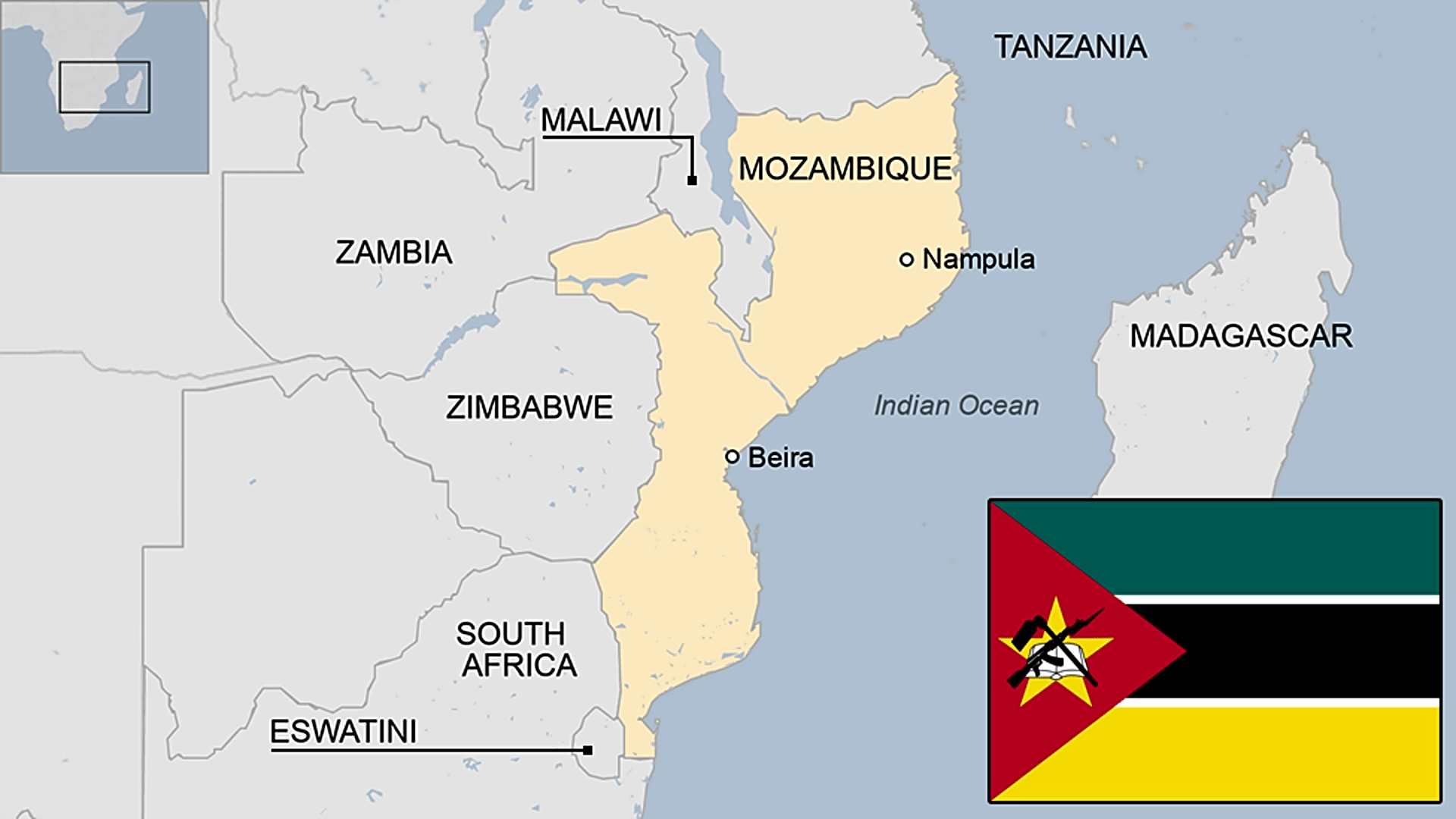The United Nations Food and Agriculture Organisation (FAO) has initiated the Digital Villages Initiative in Zimbabwe. The initiative is based on the principle of Fostering Digital Villages (FDiVi) by means of inventive consulting and profitable market services.
The initiative uses artificial intelligence (AI) tools and other effective digital technology to change agrifood systems in rural areas. Over a thousand people attended the launch in the Mashonaland West province, which was presided over by Honourable Vangelis Haritatos, Deputy Minister of Lands, Agriculture, Fisheries, Water, and Rural Development.
It gives me great pleasure to announce that my Ministry and FAO are collaborating on projects and innovations aimed at digitising the agriculture sector—the life support system—especially smallholder farmers, with the goal of turning them from minor players in the economy to significant players. I would like to thank FAO for this support, the Deputy Minister stated.
One of FAO’s main programs and business efforts is FDiVi. This integrated development strategy addresses both on- and off-farm socio-economic factors, with digitalisation at its centre for rural prosperity and transformation. In order to promote inclusive rural transformation, improve market access, and boost productivity, the project will make it easier to provide cutting-edge agricultural extension services. Additionally, it will help the community’s farmers, extension agents, agro-dealers, and processors—especially the young and female ones.
“FAO thinks that by bridging the digital divide between urban and rural areas, the Digital Village Initiative may positively integrate the local economy into the larger economy. Therefore, the goal of this project is to improve rural populations’ digital literacy after first strengthening their digital infrastructure. In keeping with this, we will back the creation of fully functional digital hubs to provide our rural communities with the best possible access to digital services, stated Patrice Talla, the FAO Representative to Zimbabwe and Subregional Coordinator for Southern Africa.
The project will help local actors in the value chain become more resilient, competitive, and productive. It will be carried out in concert with pertinent FAO and partners’ market and agribusiness development initiatives. More than 5,000 farmers will have better prospects for a living thanks to this trial project.
A “digital fair” was a component of the launch process, wherein digital solutions from the commercial sector were showcased. This allowed rural stakeholders to evaluate and select the best solutions for increased agricultural productivity and output. Stakeholders, particularly farmers, had the chance to talk about the various opportunities and challenges of utilising digital technology for rural development during the digital fair.
The government, farmer associations, and commercial sector partners are working together to ensure long-term sustainability as part of the DVI project, which is developed with sustainability in mind. FAO will make sure that this investment is not a waste of money through this project by including demand-driven investments and granting rural communities the autonomy to select their service providers. To connect investors with rural prospects, the project also makes use of other FAO projects, such as the Hand-in-Hand Initiative.
The project will be implemented in the Mhondoro-Ngezi and Bikita districts where digital hubs will be equipped with digital tools and services including free internet, computers and digital literacy training materials. With this project also being implemented in Rwanda and Malawi, a Digital Village Twinning activity will be conducted to encourage cross-country exchanges and cooperation on mainstreaming digitalization for inclusive rural agrifood systems transformation.
With the pilot project having been launched, FAO will move with speed to equip identified digital hubs, identify and capacitate digital champions, support private digital service provides to improve their services and rural communities’ digital literacy for increased production and marketing.


